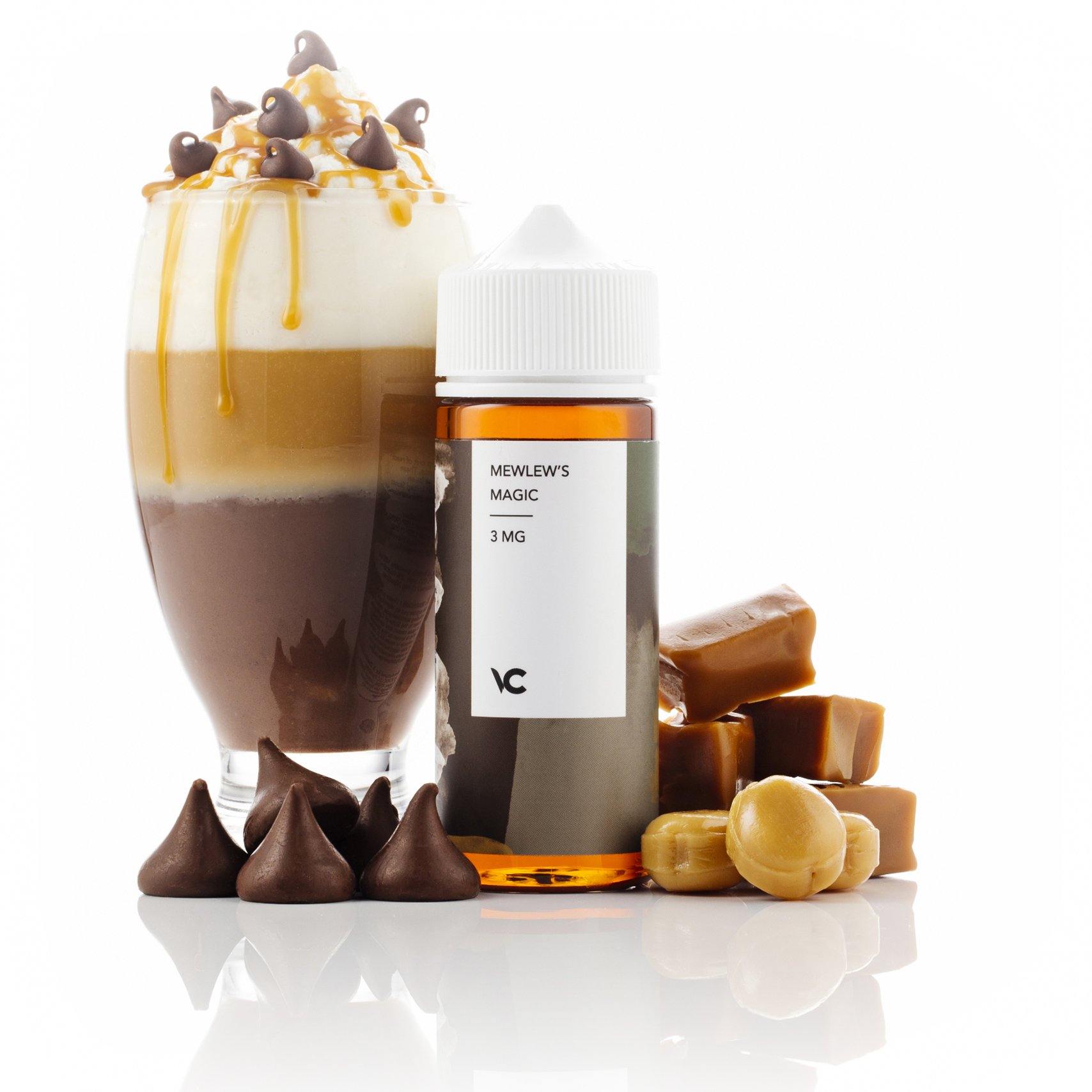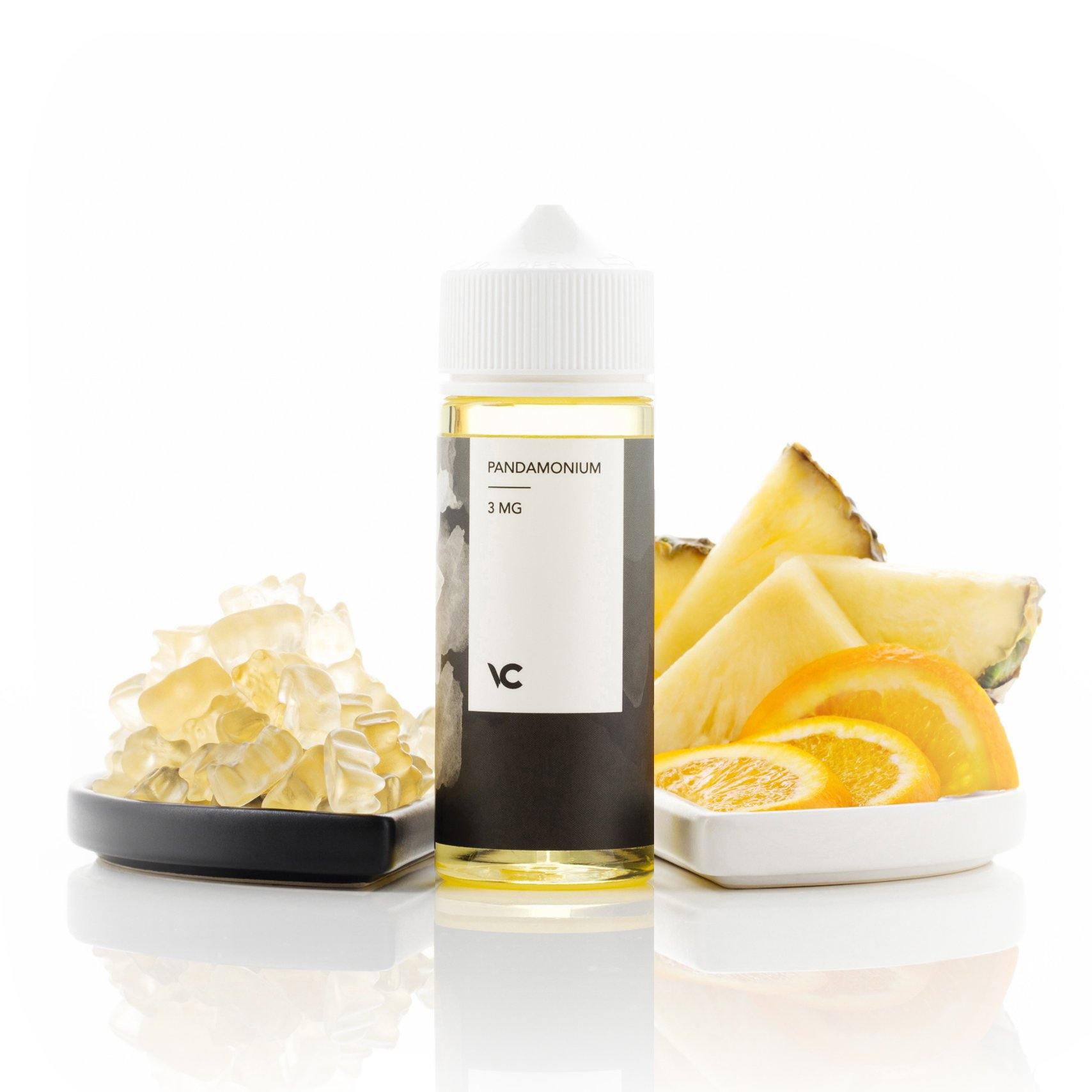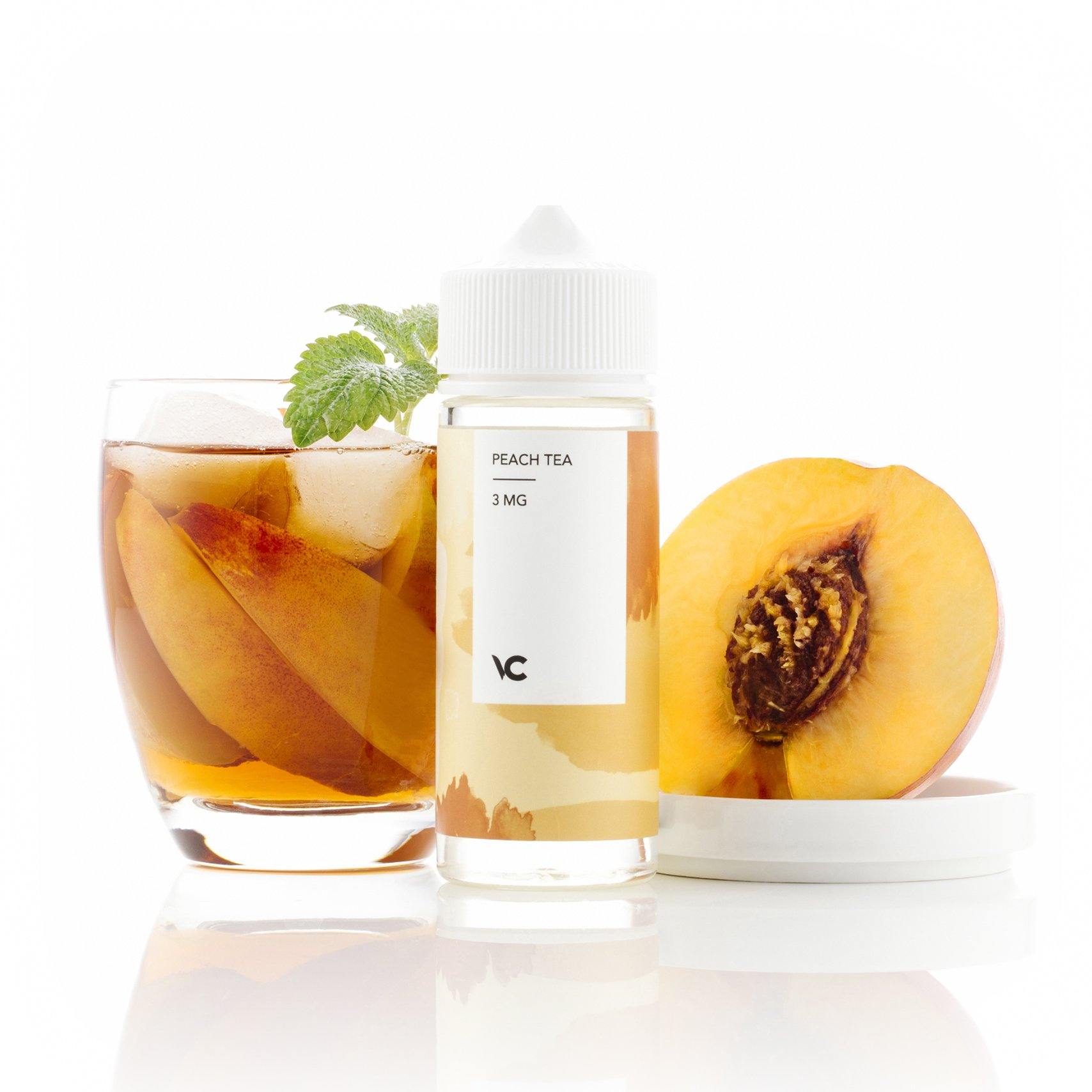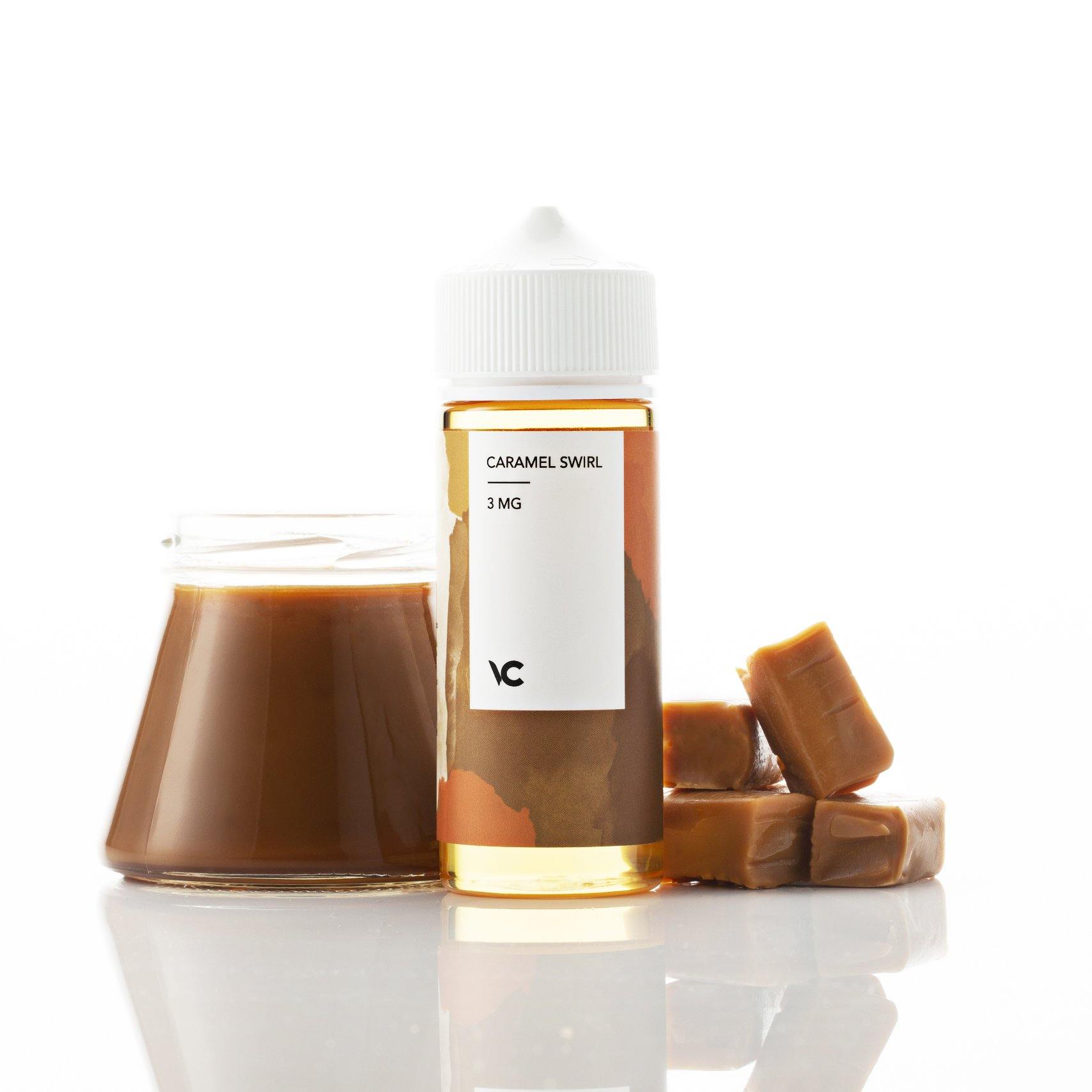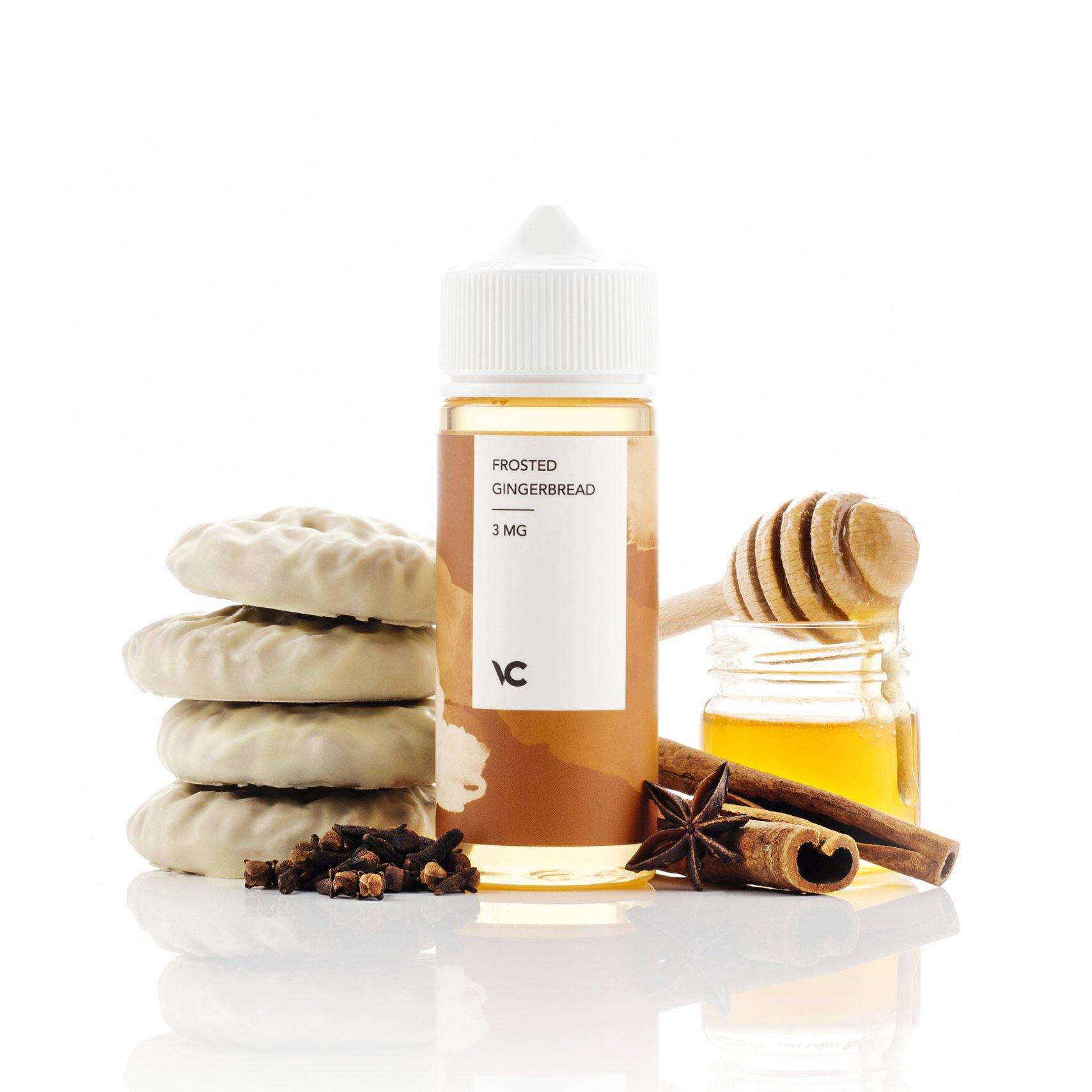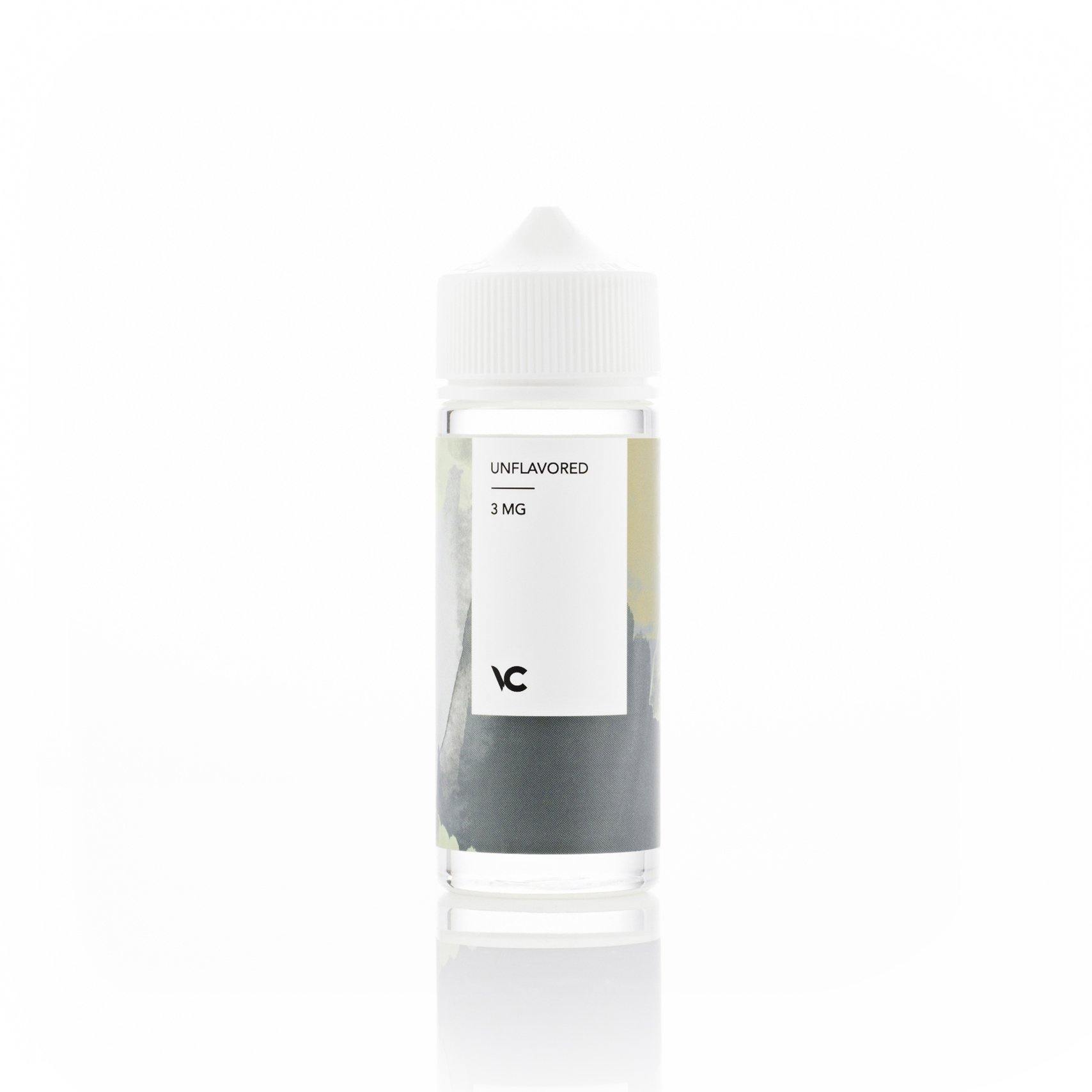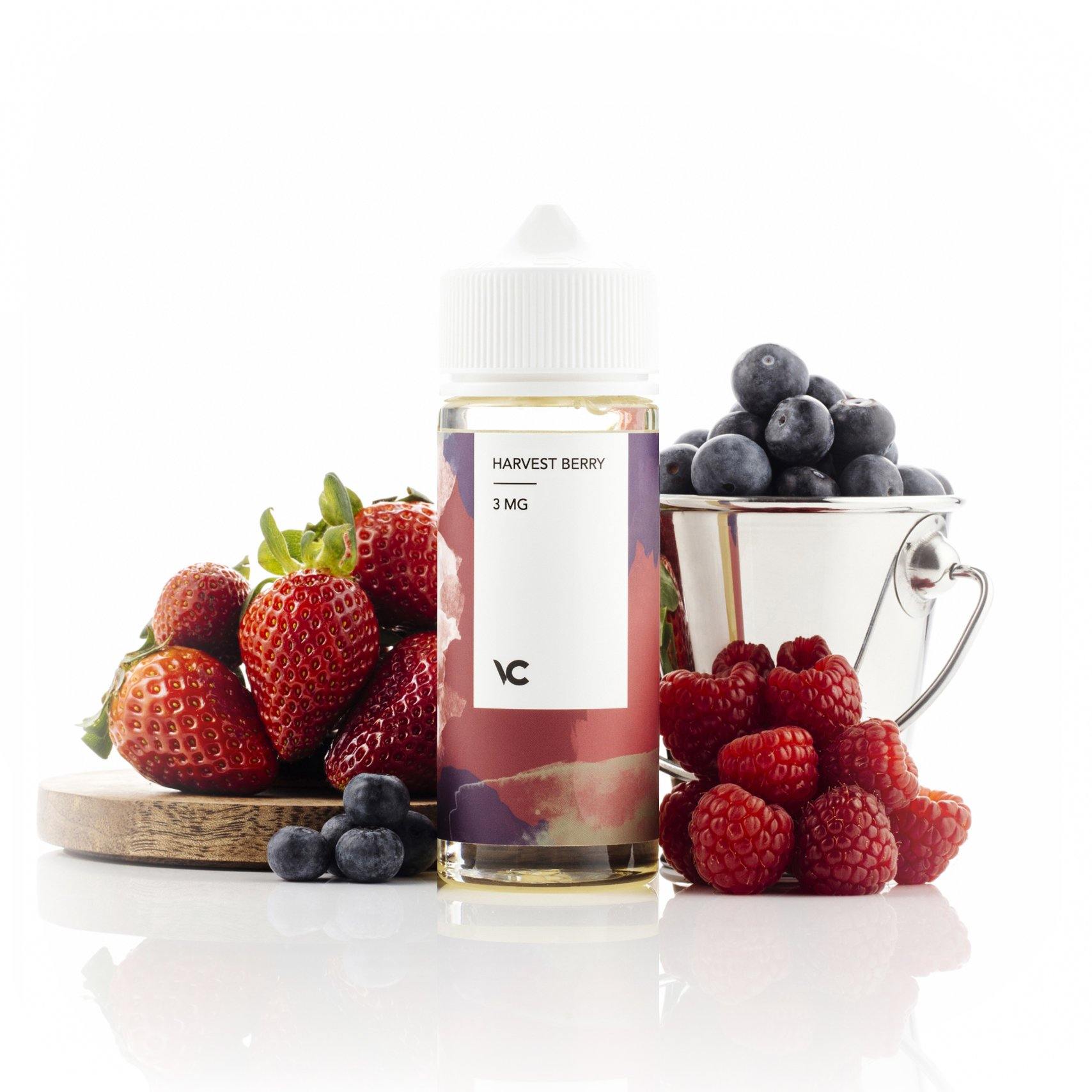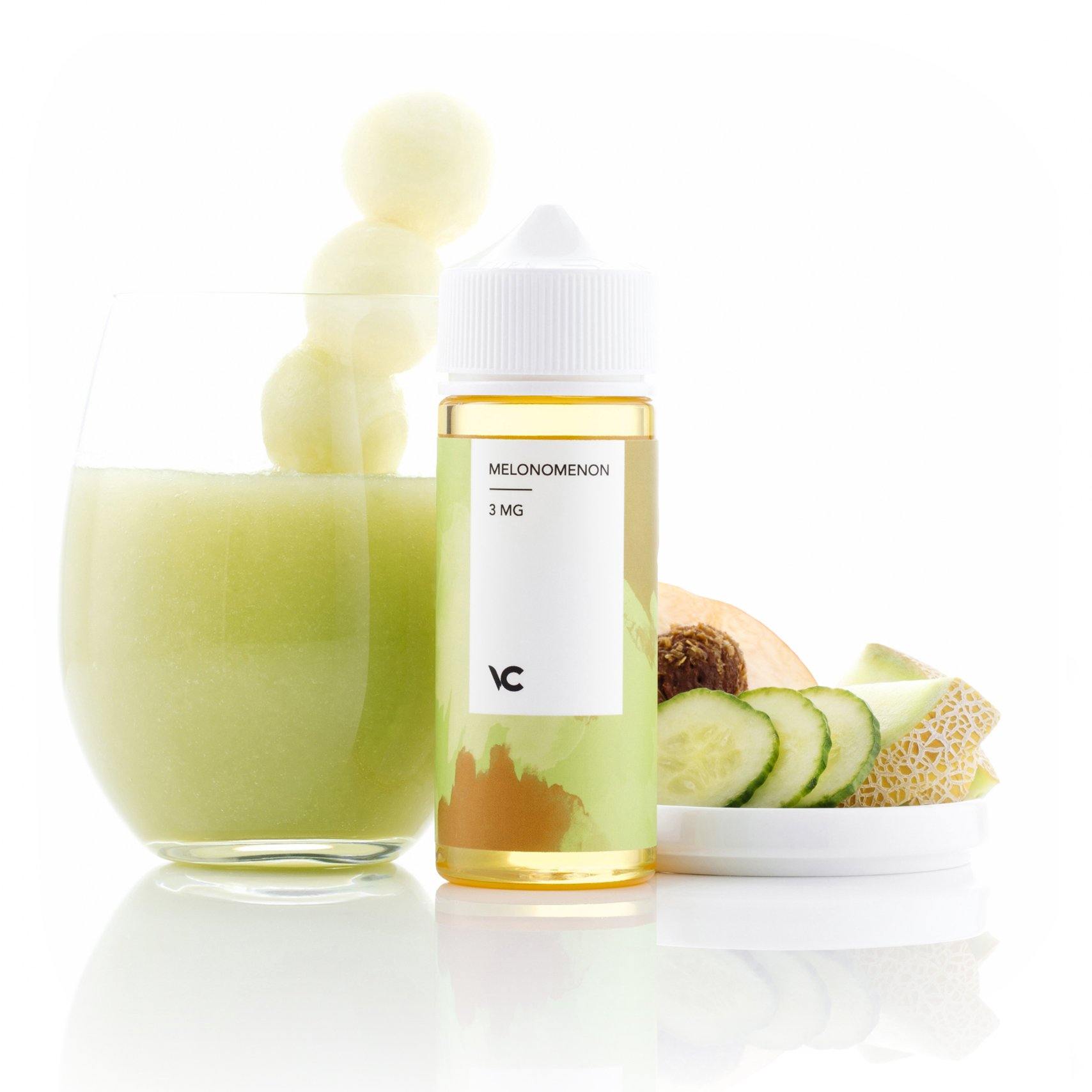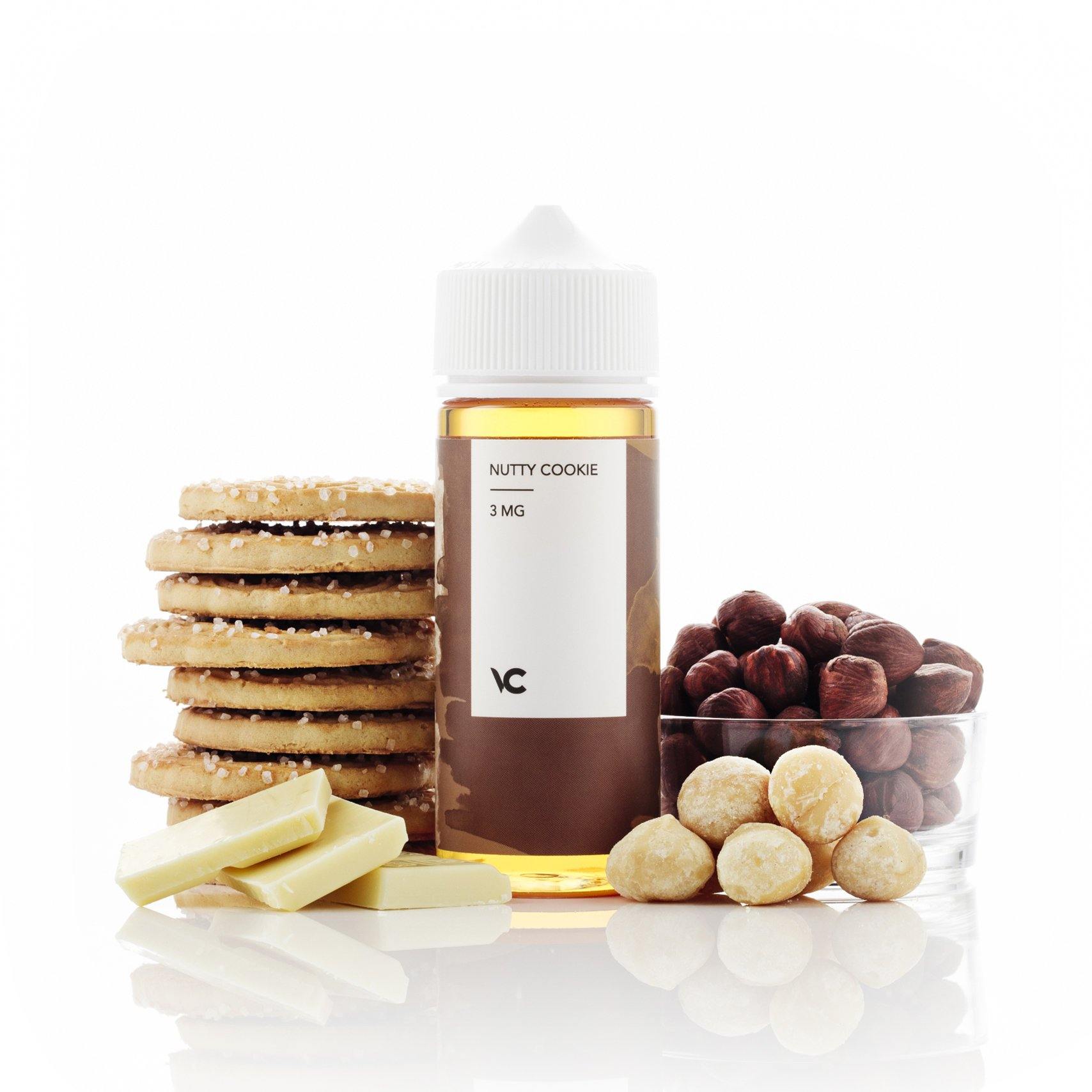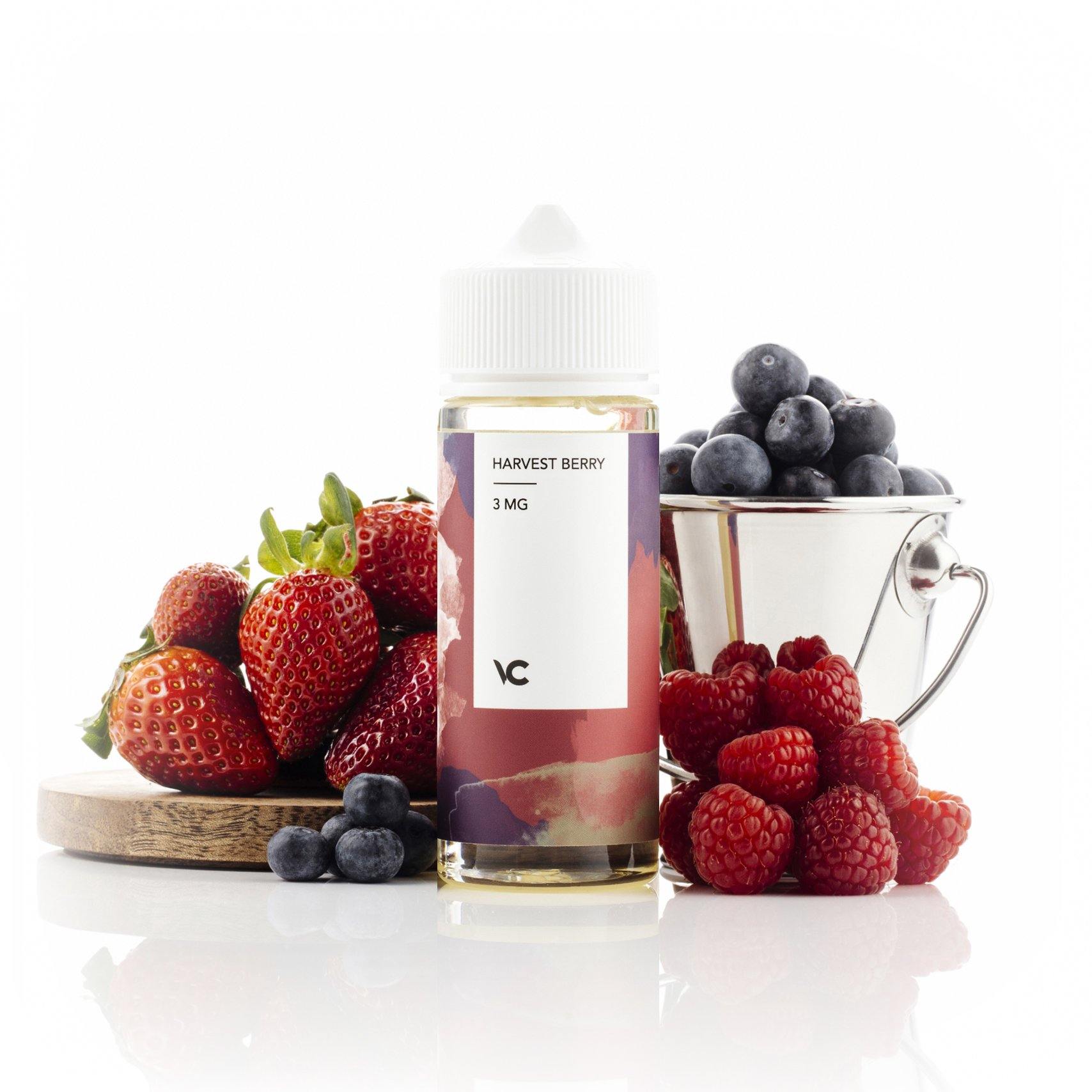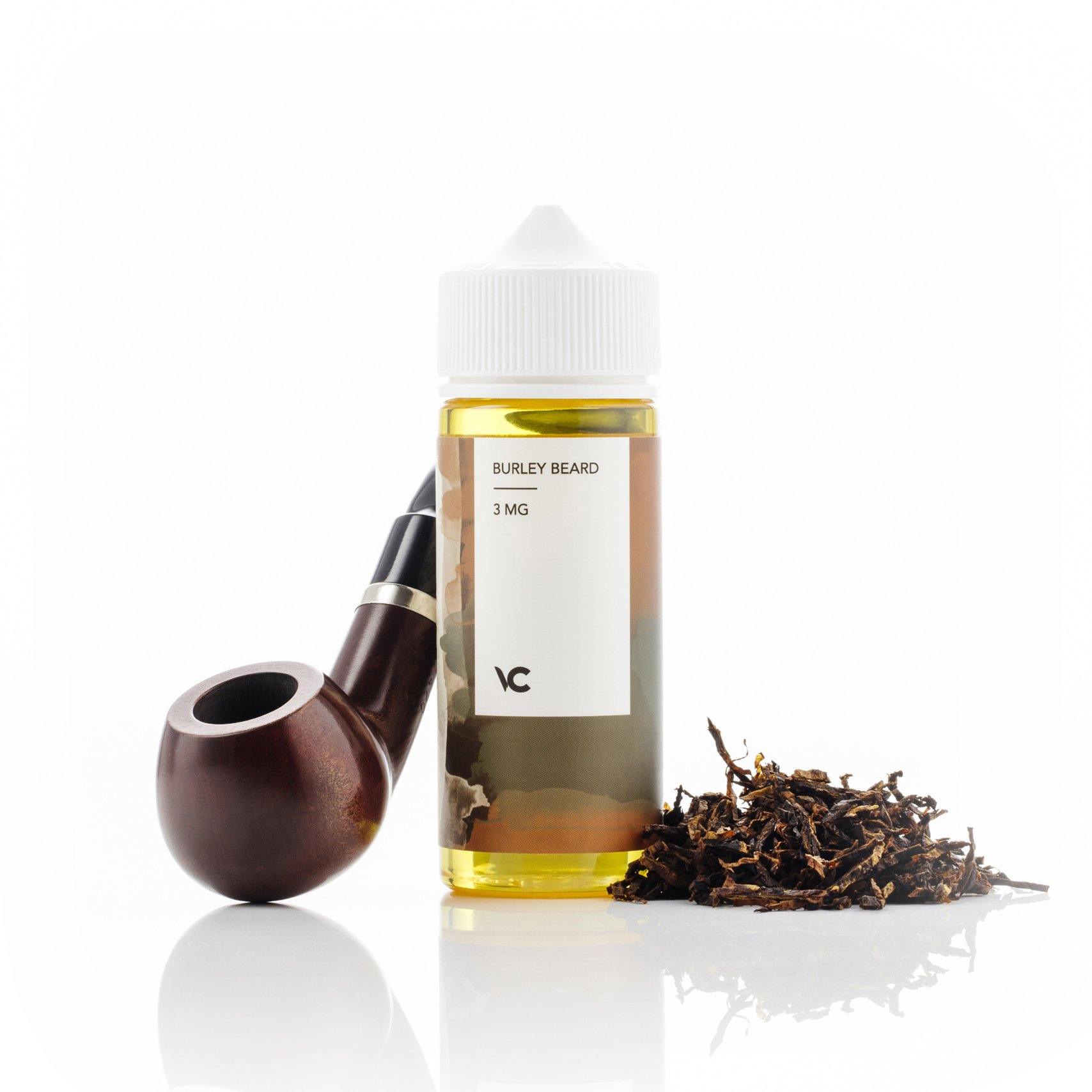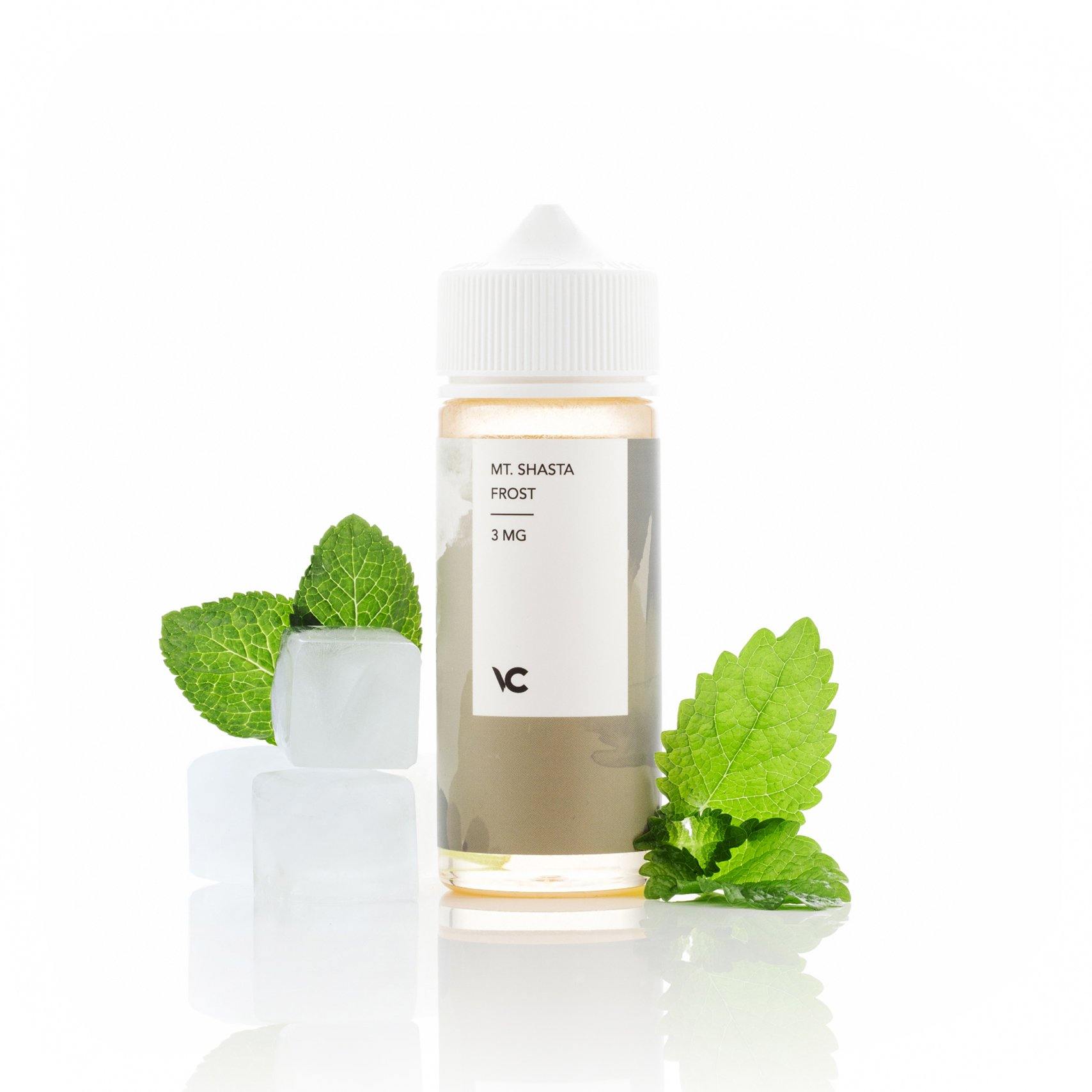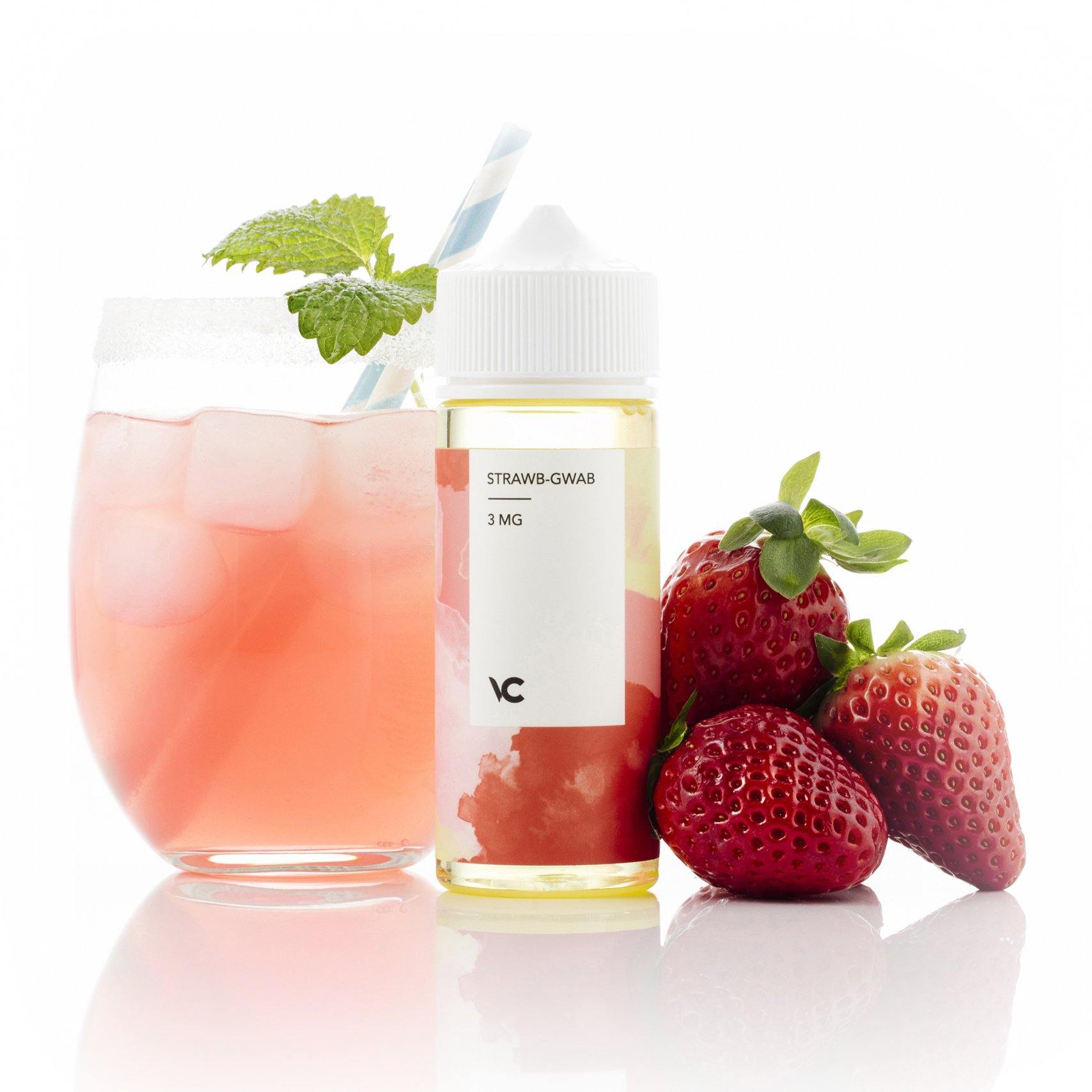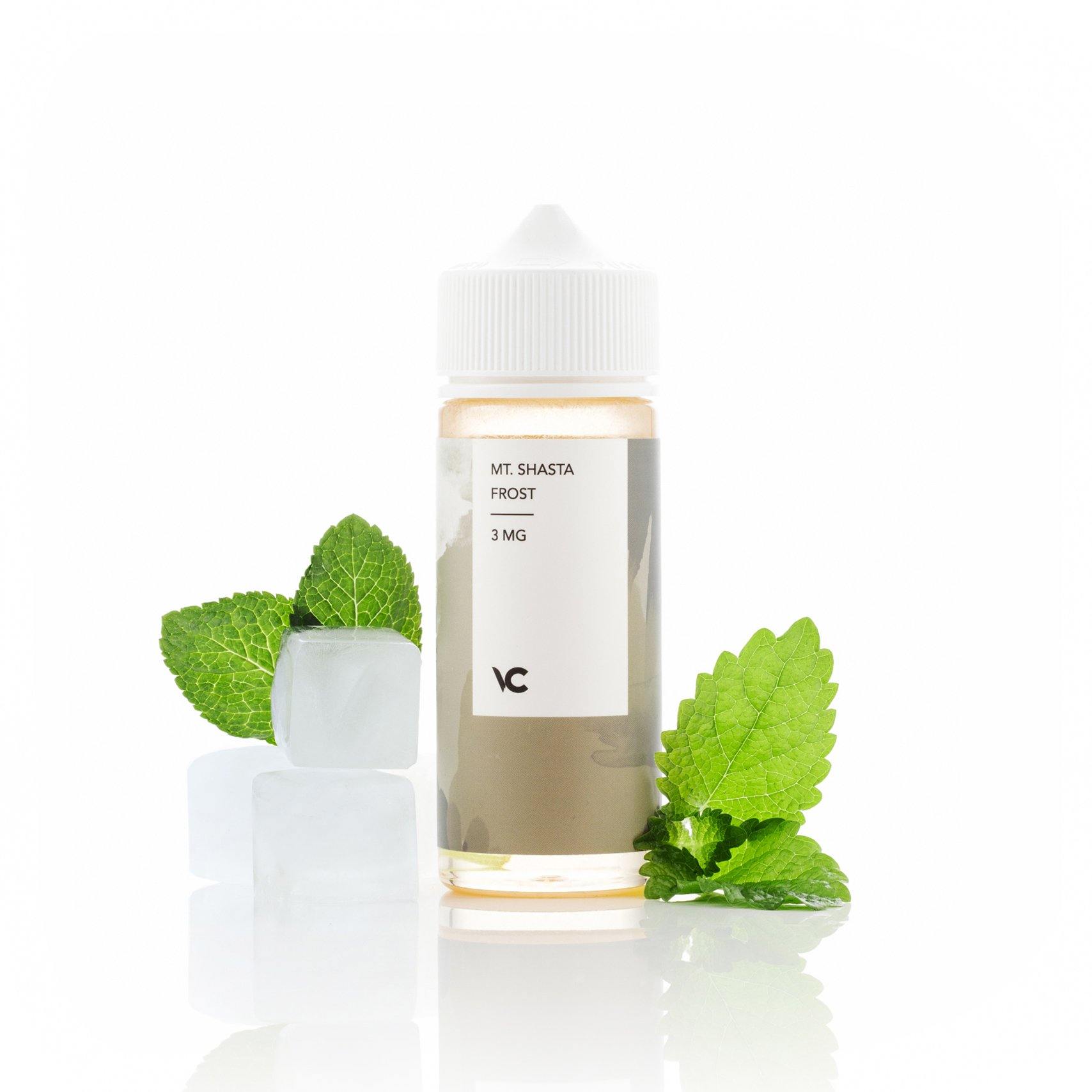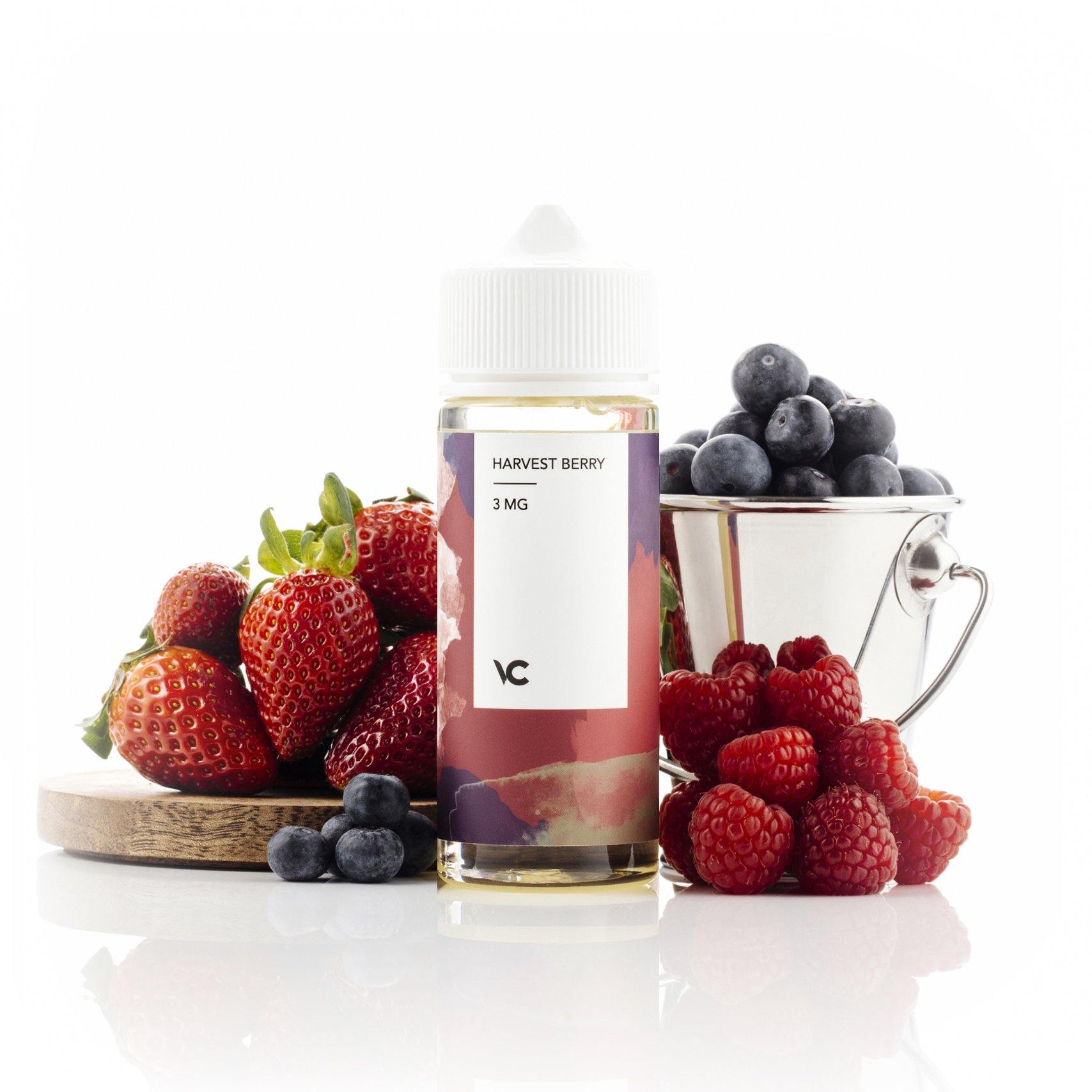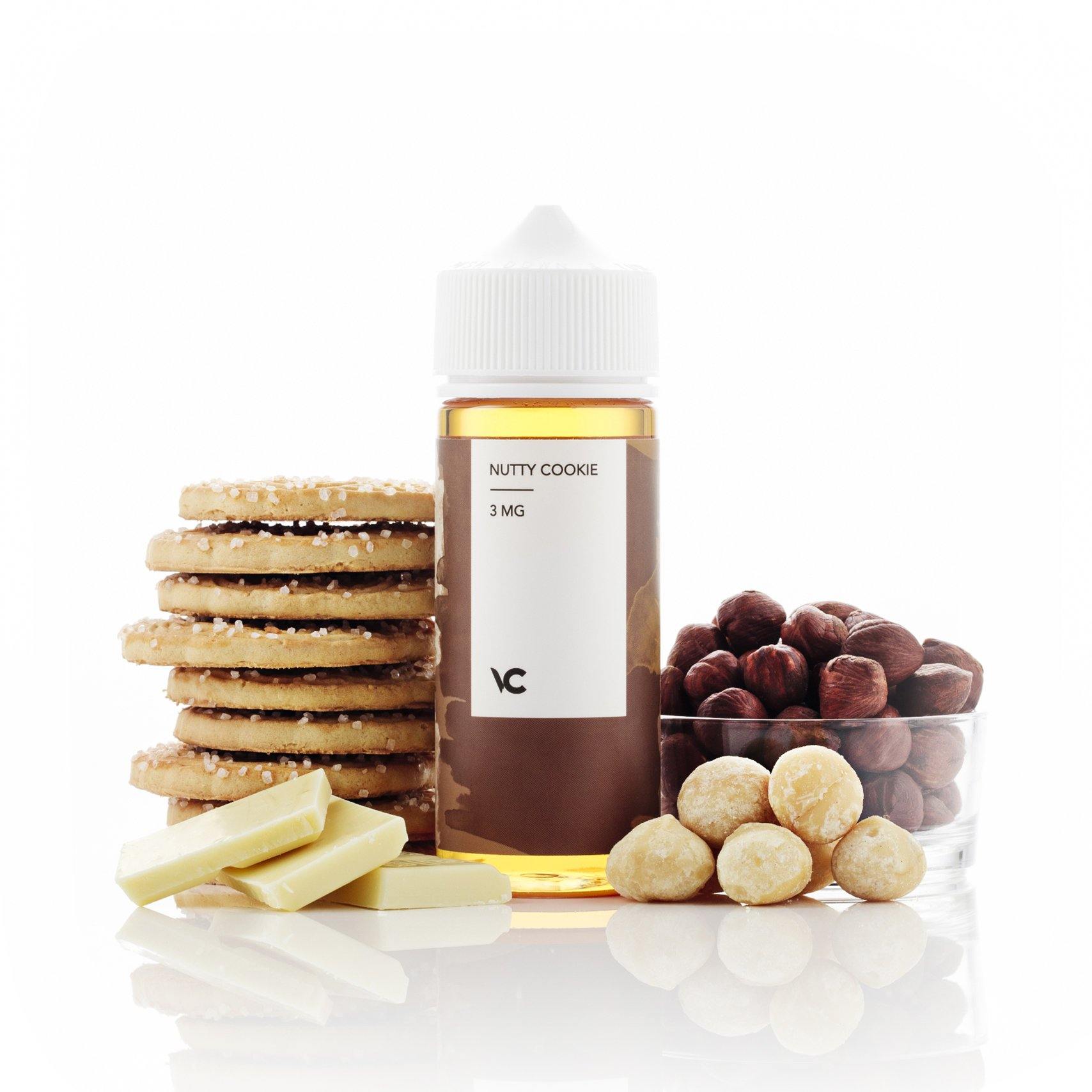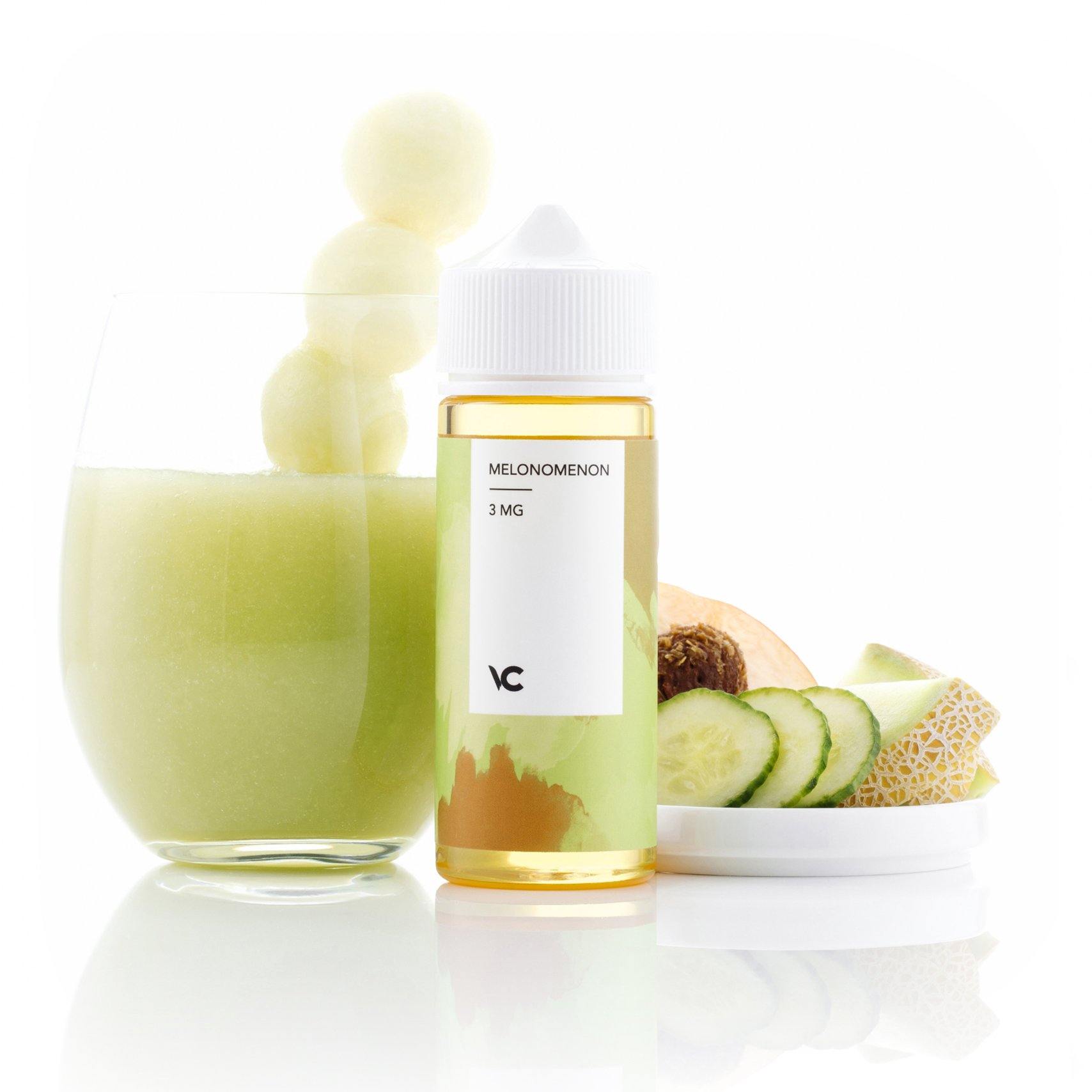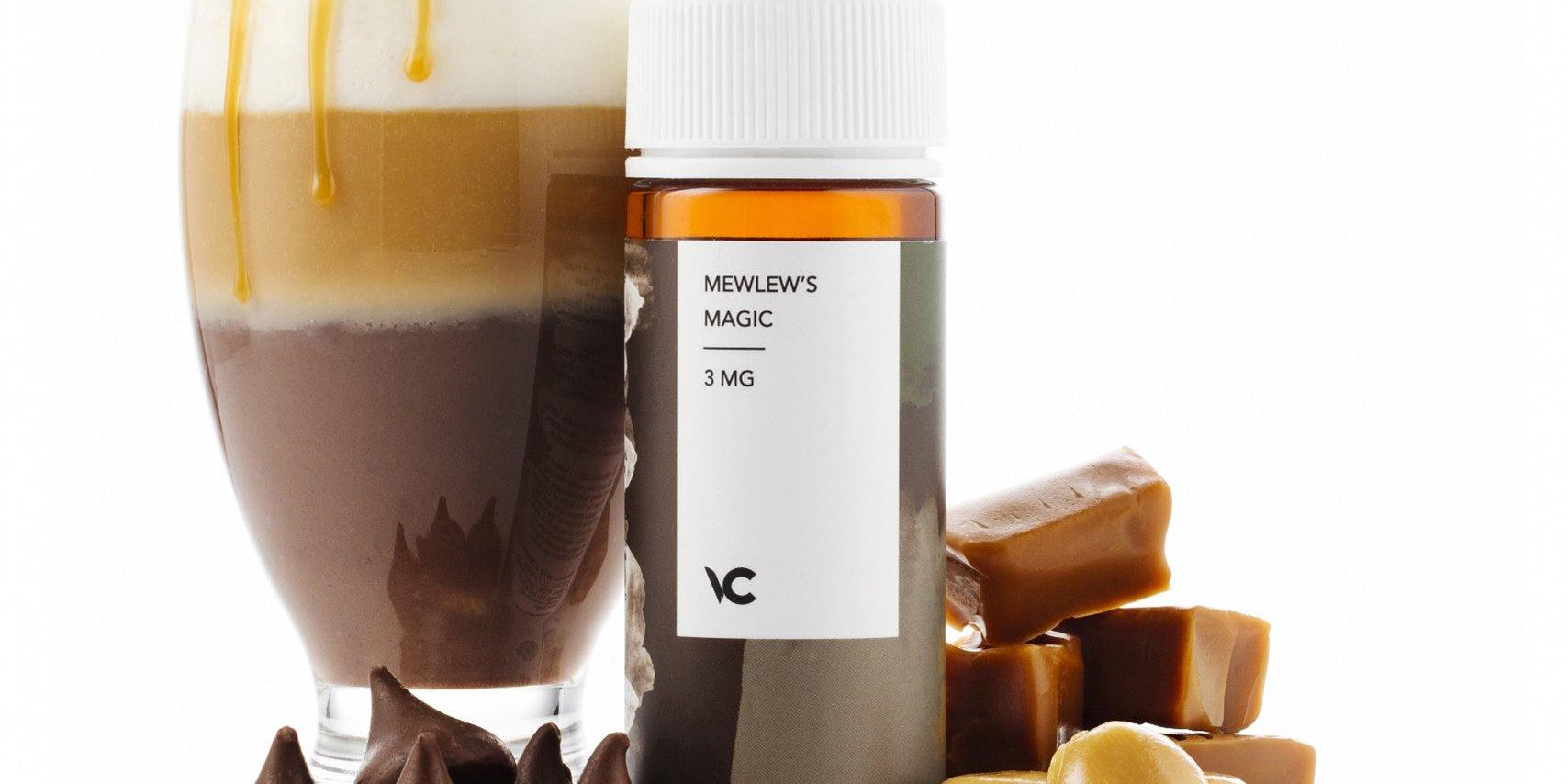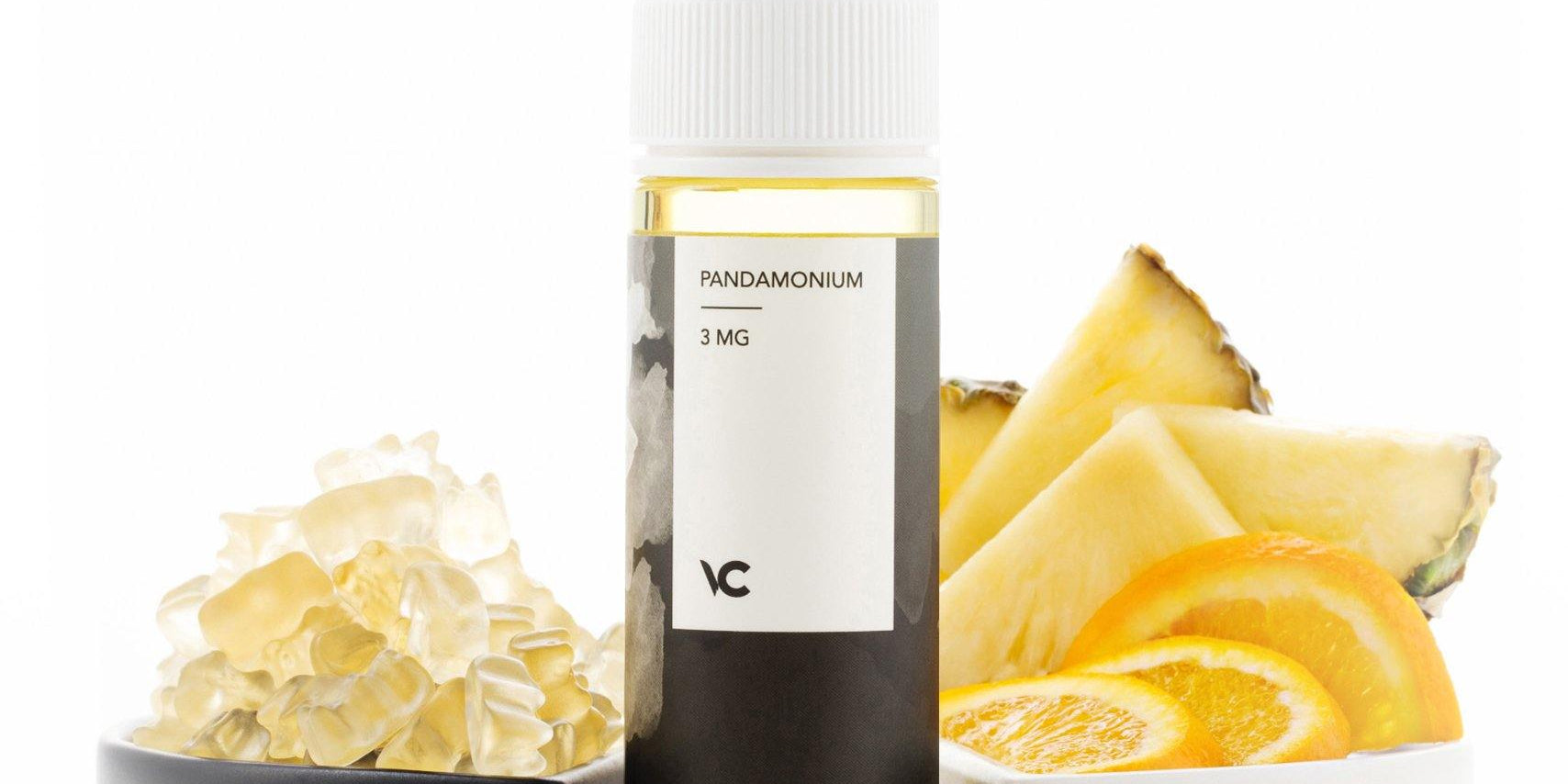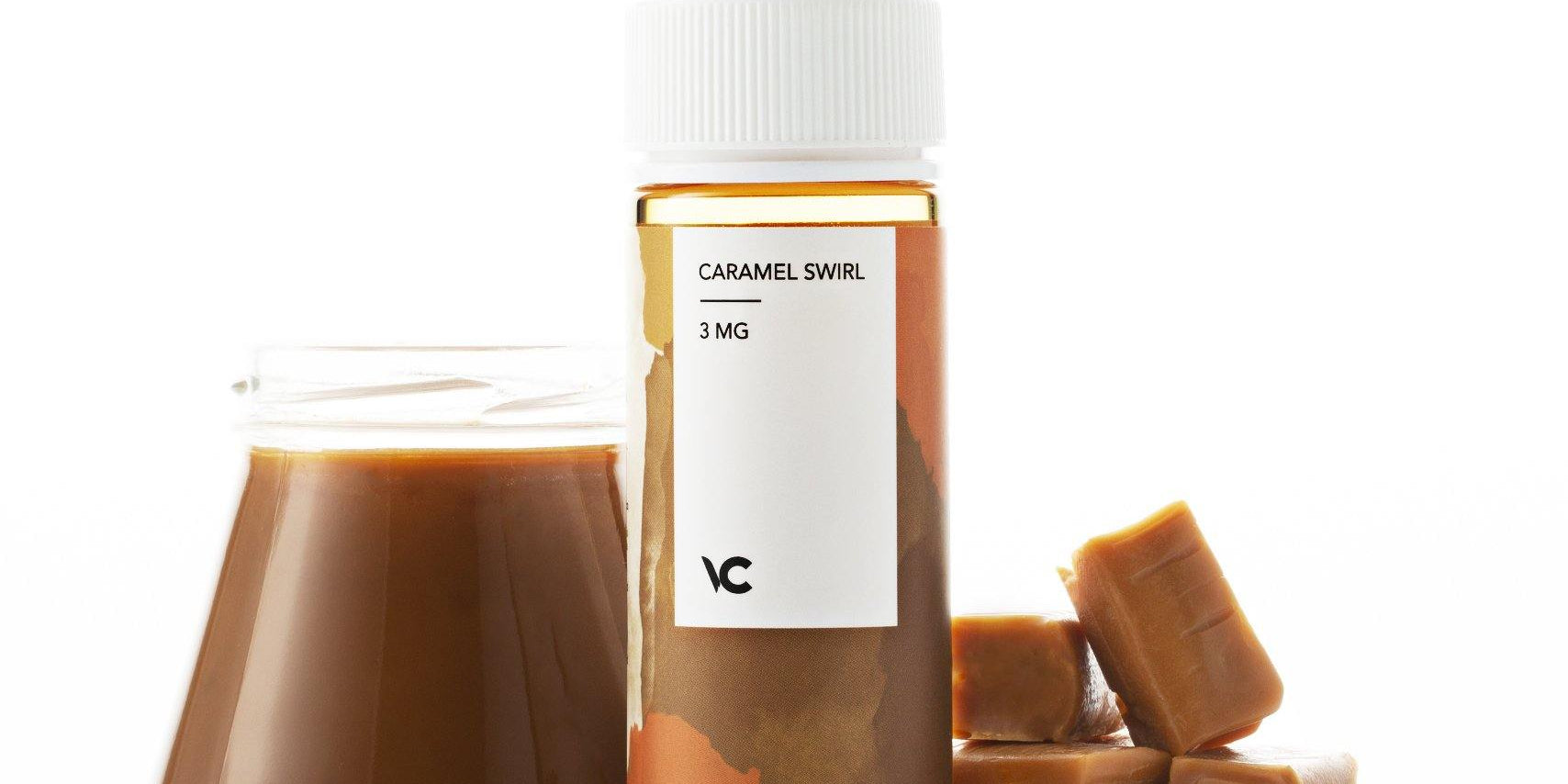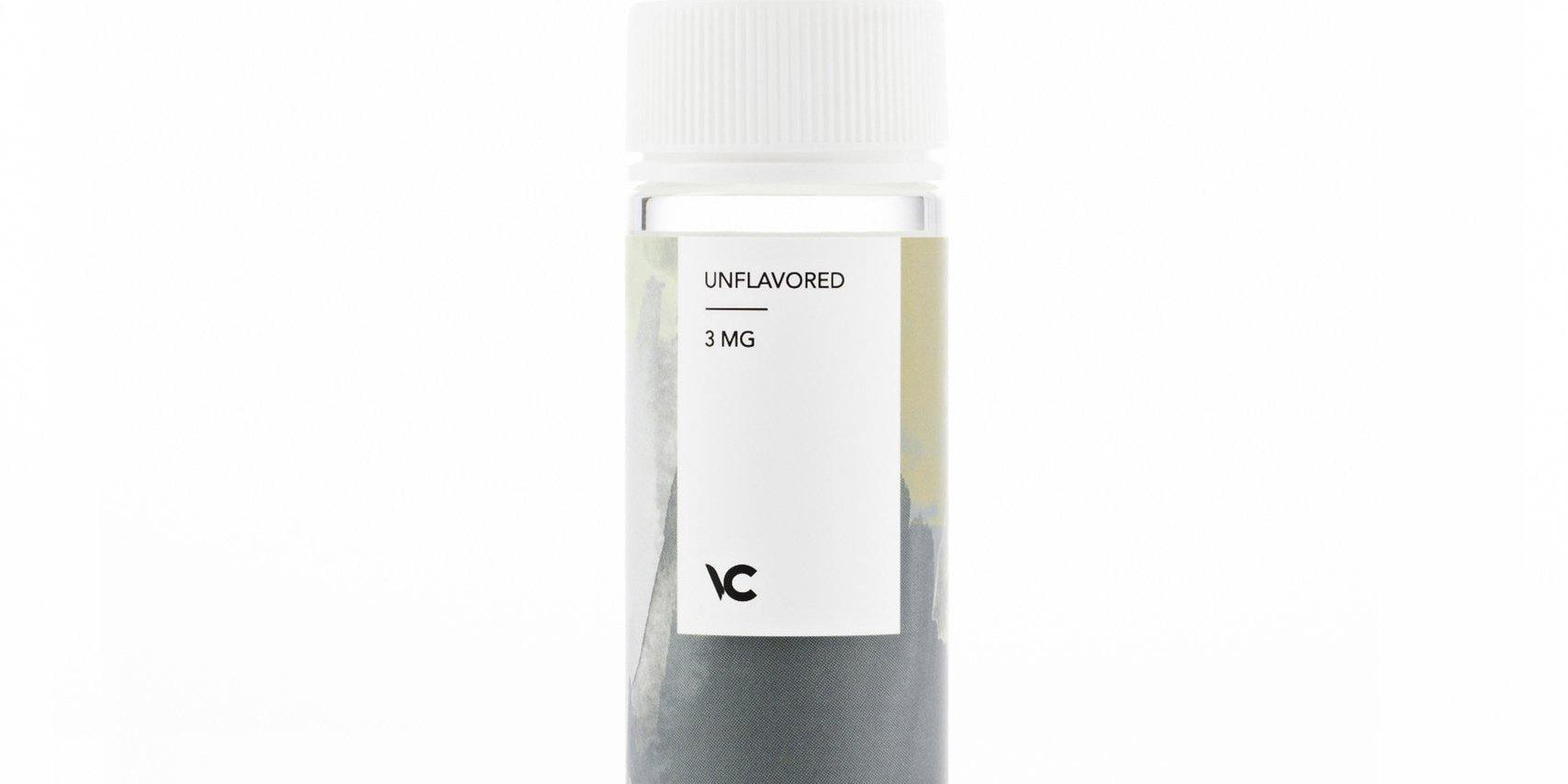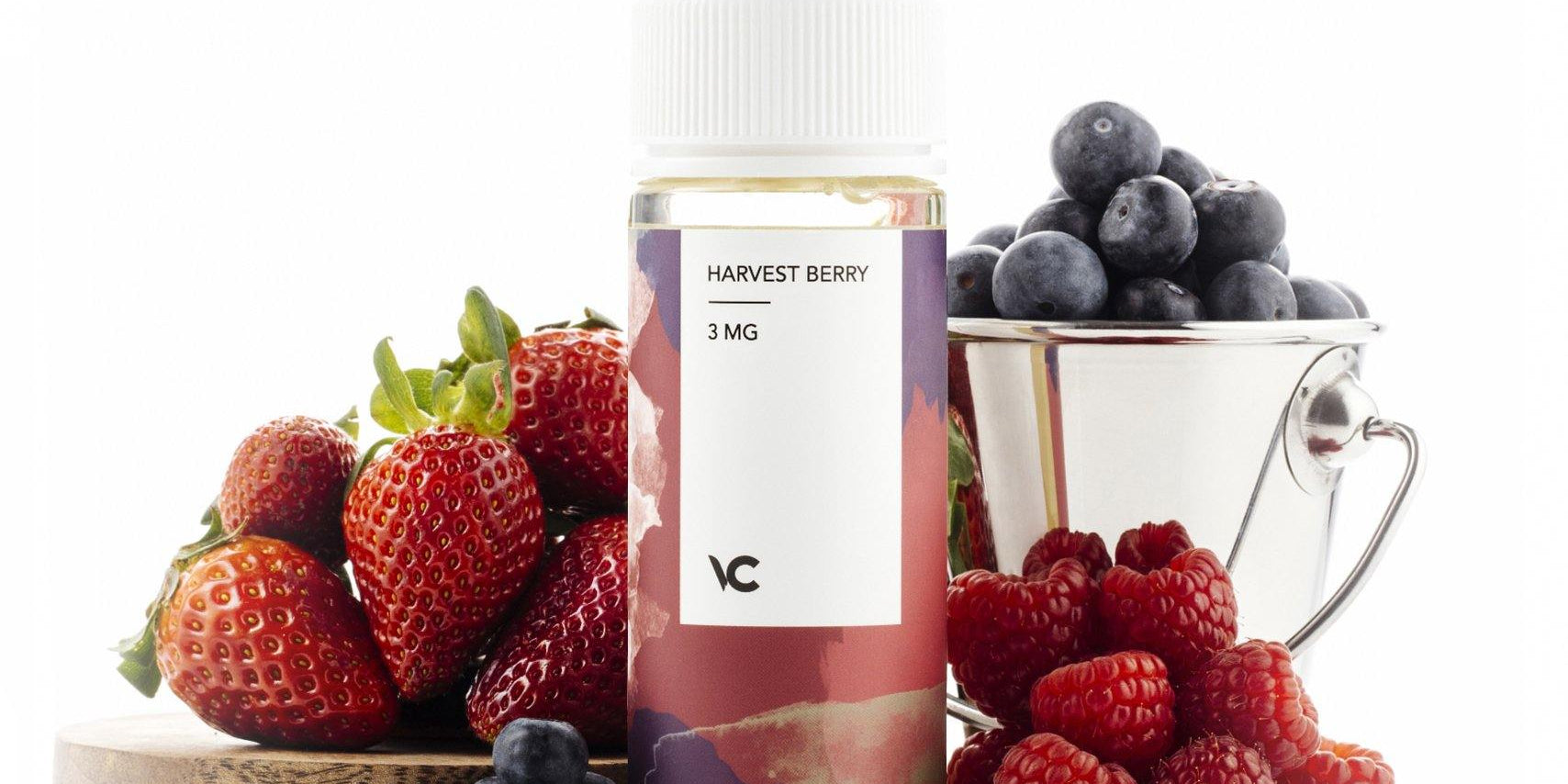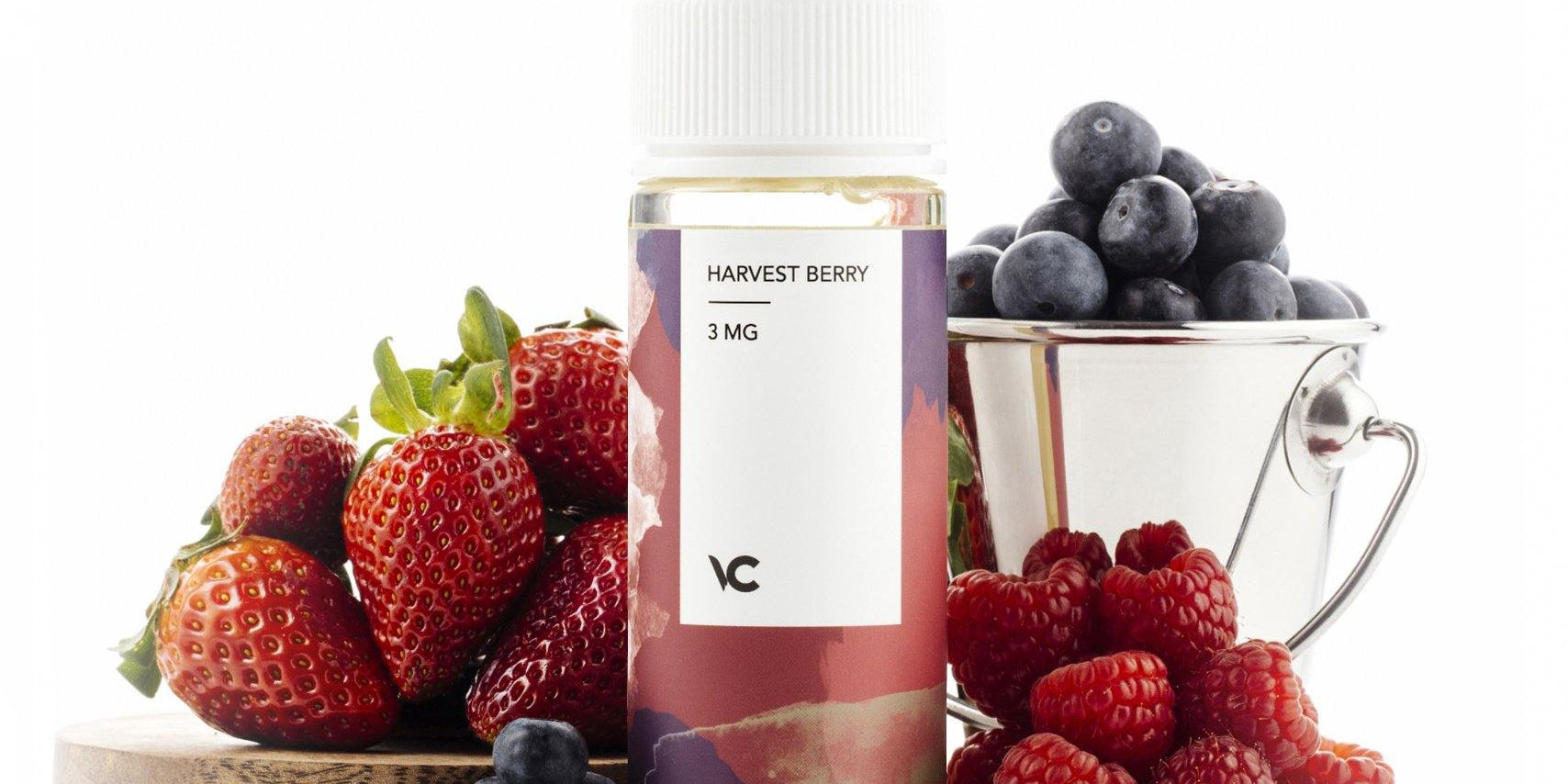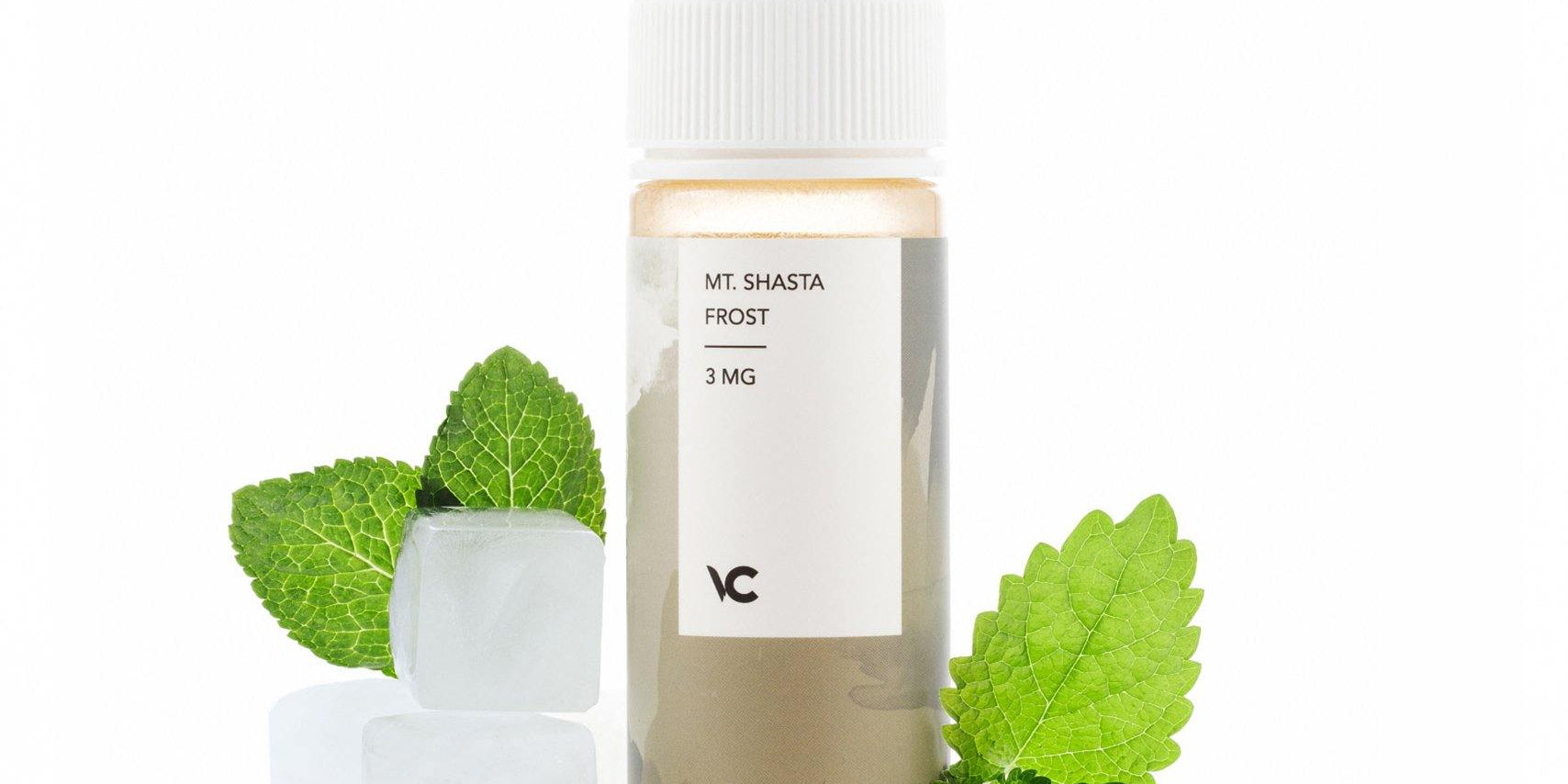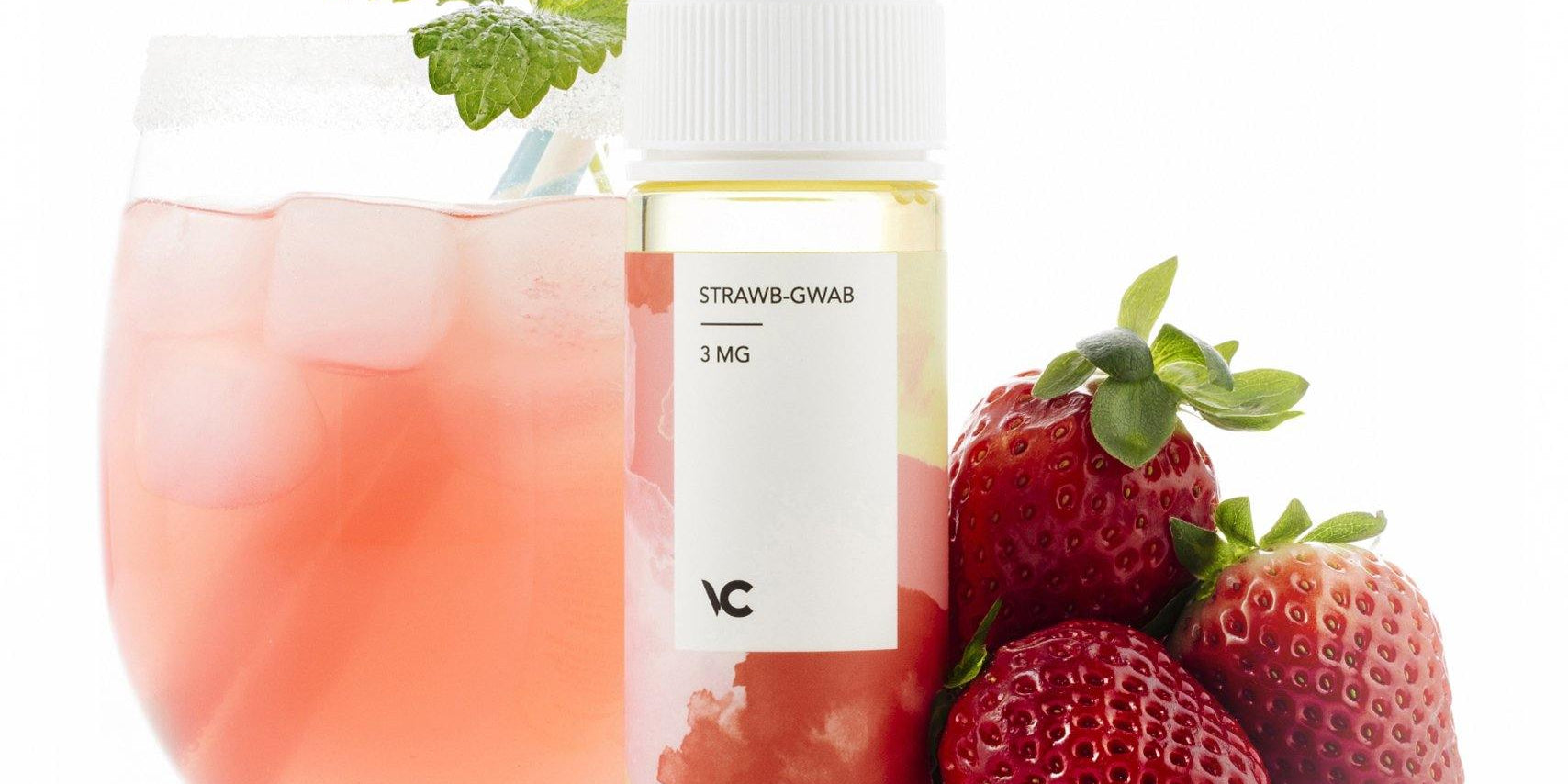FDA Might Stand For "Facts Don't Apply"
Adult taxpaying consumers across the US are growing increasingly indignant about the far-reaching long arm of the Food and Drug Administration and its invasive encroachment on personal liberties. Vapers, parents, retailers, manufacturers, and even suntanning teenagers have all been restricted and even forbidden to engage in the All-American pursuit of happiness as they see fit.
Many former smokers who see vaping as the healthier choice when compared to combustible tobacco use, find themselves right back where they were as smokers, treated like second-class citizens when government nannycrats and career civil servants take it upon themselves to infringe upon the adult individual's freedom of choice.
The key word here is adult. While age restrictions for purchasing adult products certainly makes perfect sense, usurping an adult's right to make individual choices and handing that right over to an unseen, unelected government bureaucrat most certainly does not. But elected officials today are too often tempted to lord it over their constituents when it comes to free consumer choices as well.
Nanny States and Cities Run Roughshod Over Choice
The overreaching federal policies of the FDA set dangerous precedents for nanny state and city level politicians and bureaucrats who take the concept even further when they ban consumer products such as large sugary drinks or set limits on how loud music can be played, not to mention outright discrimination against adults who vape and direct attacks on the vaping industry in general.
Unfortunately, the nanny state trend is growing. In Chicago, an alderman proposed a law that would "ban the sale of all flavored nicotine liquid products". New York and New Jersey vapers may find themselves in the same oppressive nanny-state environments according to recent reports at vape360.

In New York, Senator Kemp Hannon has jumped on the flavored e-liquid ban wagon in response to "panic and hysteria" about flavored vaping products. To listen to Kemp one would think that King Kong is vaping atop the Empire State Building and washing it down with a large sugary drink while New Yorkers panic in the streets.
Meanwhile across the river in NJ, newly elected governor Democrat Phil Murphy is doing everything he can to drive vapers back to the traditional hazards of tobacco smoking, at least where their wallets are concerned. The newly elected nanny-gov is proposing an enormous 75% wholesale tax on vaping products. That's significantly higher than the 68% tax in his budget proposal for traditional tobacco products.
Former NY mayor Michael Bloomberg is probably the most infamous case of a nanny politician run amok. Gizmodo posted a list of everything banned by the notorious nanny mayor to the chagrin of New Yorkers. The list includes some ambiguous terms such as "illegal guns". Trans-fat in restaurants, sodium levels in foods, loud headphones, and even black roofs were all banned under Bloomberg.
At least NY citizens got some relief when Bloomberg's term ended, but the FDA is here to stay. With the free reign, the FDA seems to enjoy today, unbridled regulations affect consumers in every market.
Everything from theater popcorn, cosmetics, prescription drugs, over-the-counter medications, and of course vaping products, all fall under the iron fist of the FDA in one way or another. The meddlesome agency even manages to regulate industries such as cosmetics manufacturing. FDA approval isn't required by law before cosmetic products go to market, but the burley FDA barges its way in with packaging and labeling laws in order to flex its bureaucratic muscle. If you'd like to risk a headache sorting through the red tape on how this is achieved by the FDA in the cosmetics industry click here.
FDA rulings are too frequently made arbitrarily or in direct contradiction to scholarly studies, and once the FDA wrecking ball begins to swing it's hard to stop. Facts just don't seem to deter the overreaching bureaucracy of the FDA. Below, we'll look at some outrageous examples of FDA overreach affecting consumers in general, as well as some of the specific cases which encroach on the liberties of those of us in the vaping community.
No Soap For You!
We've heard of the Soup Nazi, but the Soap Nazi? In 2016 the FDA announced that it would ban antibacterial handsoap because one special interest organization determined that 19 ingredients used in microbial hand soap could lead to a growing resistance similar to the effect of frequent antibiotic use, according to this report at Investors Business Daily.
This FDA action was in direct contradiction to a study by the prestigious International Journal of Microbiology Research. The journal's experts confirmed that there was a " lack of evidence that the use of antibacterial wash products facilitates antibiotic resistance and antibiotic/antibacterial cross-resistance."
In its final decision, the FDA advised consumers to just use plain hand soap, despite conclusive evidence from studies which show that antibacterial soaps do indeed provide greater protection against germs and the spread of bacteria which can lead to foodborne illnesses. Once again FDA could stand for Facts Don't Apply.
No Suntanning For You!
Watchdog.org featured the FDA as its "Nanny State of the Week" back in February of 2016 when the FDA announced new rules that would ban anyone under 18 from using a tanning bed. While leaving adults to weigh the risks and benefits of tanning for themselves, the FDA apparently feels that these same adults are incompetent when making an informed decision for their children.
The federal government's own National Institute of Health concluded after conducting federally funded research on the matter that "Sun exposure is beneficial in moderation, but can be harmful in excess. Sun exposure guidance should be tailored to the individual patient."

Apparently, even facts from fellow federal agencies can't deter the FDA from overruling parents who are the most qualified to provide guidance "tailored for the individual patient".
No Cough Medicine For You!
Dextromethorphan is a common ingredient in cough medicine and cold medications because it works. In 2010 the FDA set its sights on restricting 100 effective over-the-counter cold medications in a knee-jerk reaction to unsubstantiated reports that these medicines were widely abused. The FDA's solution was to require a prescription for cold medicines containing dextromethorphan, a move that would increase the cost for consumers. The Facts Don't Apply agency also ignored the fact that prescription drugs are twice as likely to be abused as over-the-counter products.
3 Legal Challenges To Unconstitutional FDA Vaping Ban Laws
Who needs Congress when a career FDA bureaucrat can do the job? The FDA's infamous "deeming rule", which forces e-cigarette and vaping products to comply with the irrelevant 1997 Tobacco Control Act, was issued by a career civil servant, Leslie Krux, an associate commissioner for policy at the FDA. We could at least expect that a full-fledged commissioner would be required to usurp the duties of Congress when a "rule" affects an entire industry as well as a multitude of taxpaying consumers.
Again, this is a case of the FDA blatantly ignoring the facts. By forcing non-tobacco products to conform to tobacco regulations which predate the introduction of e-cigarettes, the FDA wrecking ball swings across the line from frivolous meddling with consumer rights to absurd interference with First Amendment rights.
A report at Reason.com highlights the FDA's unconstitutional actions including a ban on free speech marketing which presents vaping products as "a safer alternative to traditional cigarettes or as a way to help smokers quit." This despite the fact that the vast majority of people who vape see it as a safer way to consume nicotine. With the First Amendment line crossed, some in the vaping industry decided that enough was enough.
Federal lawsuits were filed in January 2018 in Minnesota, Texas, and Washington DC petitioning judges to overturn the FDA ruling. The suits were filed on grounds that such regulations with wide-ranging consequences can only come from Congress, or at least from a presidentially appointed commissioner. Vaping businesses in Michigan and South Dakota joined in the DC lawsuit. The Minnesota-based nonprofit Tobacco Harm Reduction 4 Life is joining forces with four small vape shops.
As it stands under FDA domination now, new vaping products could cost small businesses between $182,000 and $2 million to introduce new e-liquids to the market. E-cigarette manufacturers will be hit even harder with FDA compliance costing between $286,000 and $2.6 million. As the wheels of federal justice grind slowly, there is always a chance that the current administration could reverse the FDA's course immediately and save the vaping industry from the FDA's costly regulatory wrecking ball.
Freedom of Choice at Velvet Cloud
At Velvet Cloud, we recognize that the world of vaping is a world of choices. We're committed to providing the healthiest vaping products on the market to enhance your vaping pleasure. Our 21 signature flavors are all diacetyl-free, gluten-free, GMO-free, in full compliance with our "nothing weird" policy. No artificial colors or chemical additives will ever find their way into our ISO7 certified cleanrooms.
We use only USP grade pure vegetable glycerin in our 100% VG e-juice blends to eliminate nasty throat irritation and the risk of allergic reactions associated with PG (propylene glycol) e-liquids. Our standards for purity and vaping pleasure are unsurpassed which keeps our loyal customers in the vaping community coming back for more. Whether you're looking for classic tobacco flavor, minty menthol refreshment, or a zero-calorie way to indulge your sweet tooth, your first step to unsurpassed vaping pleasure is just a click away.
